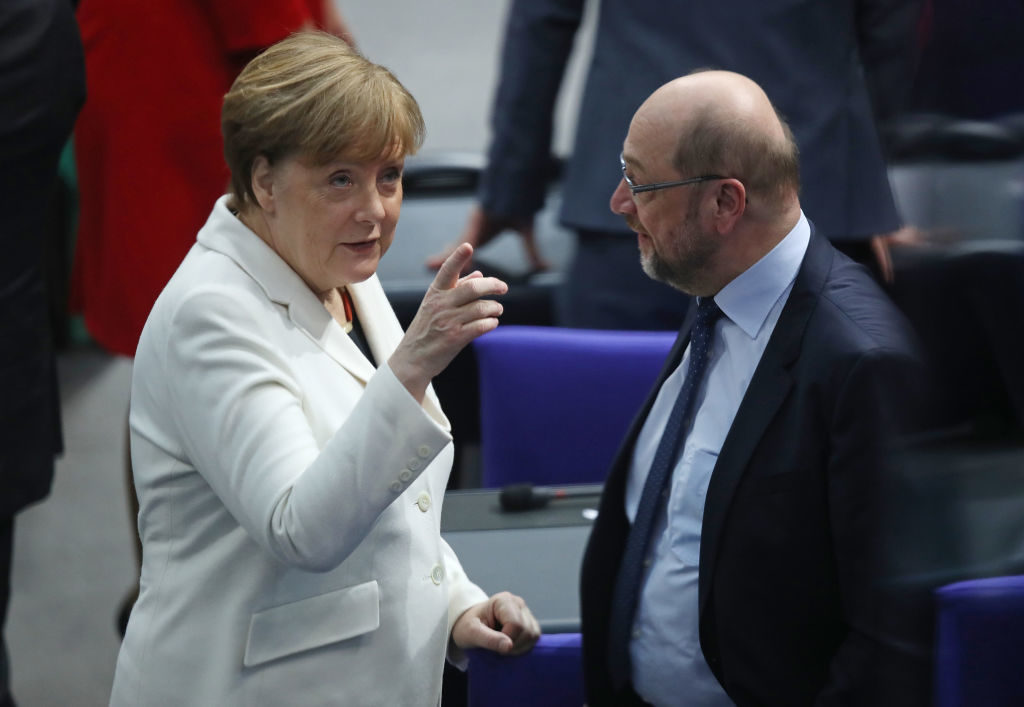Politics
To Boost the Market, Germany May Restore Tax Breaks on Art Sales—But Not Everyone Is Convinced It Would Help
The sales tax reduction would aim to stimulate the weary German art market.

The sales tax reduction would aim to stimulate the weary German art market.

Henri Neuendorf

Artwork may soon be getting a little less expensive in Germany. The newly formed German government has floated the possibility of reintroducing a reduced VAT (Value-Added Tax) rate on artworks in a coalition contract between Angela Merkel’s center-right CDU party and the center-left SPD.
In a recently published document outlining its shared legislative agenda, the coalition government called for a VAT reduction: “We are committed to applying the reduced rate of VAT rate on commercially traded artworks, e-books, e-papers, and other electronic media to the European level. We are working towards ensuring the realization of the previous legislative conditions of the art trade prior to 2014.” (Before 2014 artworks were taxed at a reduced rate of seven percent but have since been subject to the same general tax rate of 19 percent at which most other goods and services are taxed.)
Germany has one of the most stringently regulated art markets in the world. It is the only European country that requires dealers to pay 4.2 percent of every sale towards the state-run artists’ pension fund, and the amendment of the cultural heritage protection legislation placed strict export guidelines on culturally significant artworks. Critics argue that the 2014 tax hike and other policies have damaged the German art market’s competitiveness compared to other countries such as the UK and the US.
When faced with the prospect of paying almost 20 percent on top of the asking price, Berlin dealer Jan Wentrup argues that even wealthy collectors would rather buy a comparable artwork elsewhere for less. “Since artists are often represented by several international galleries, under the present circumstances German collectors prefer to buy a work outside of Europe because they don’t have to pay VAT,” Wentrup explains. “Upon their return to Germany, they only have to pay 7 percent import duty. Even with the cost of transportation, they can save a lot of money. The more expensive the artwork, the more they save.”
According to Berlin-based dealer Johann König, a reduction of the VAT rate could bring some of that lost business back to Germany. “A sales tax reduction would definitely result in a stimulation of the [German] art market, especially among European and German collectors,” König says. “At the very least, the German art market would be compensating a disadvantage.”
Others, however, are less optimistic. Berlin dealer Hendrik Berinson believes that years of government regulation have taken an irreparable toll on the country’s market.
“The German art market has been systematically suppressed by the government for years with an increasing number of nonsensical measures, and has been given up, moved abroad, and left to foreign competitors,” Berinson told artnet News. “A reduction of the VAT rate will not be able to save anything and looks more like another jibe at the hated art trade. The damage that has been done is irreversible and we can only shake our heads and watch as a part of our culture goes down the drain.”